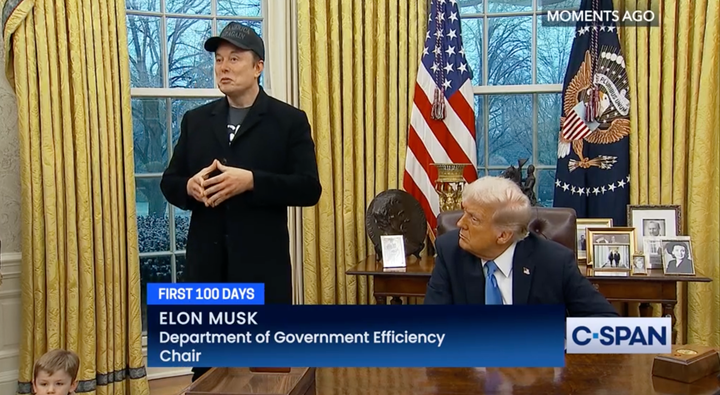Not long after Tax Day this year, a government report is due to Congress that could be a first step in helping Americans pay less to file their annual tax returns. The report could set up a collision between lawmakers and their campaign donors in the lucrative tax preparation business—as well as the giant lobbying firms that advocate for their interests on Capitol Hill.
For decades, financial software companies—led by Intuit, owner of TurboTax—have waged a formidable influence campaign to block the Internal Revenue Service (IRS) from offering an officially-supported, free tax filing tool online. The IRS currently offers an array of third-party tools that are free for households that earn $73,000 and under, but the options, sponsored by little-known companies with names like TaxSlayer, are used by only 2-3% of taxpayers. The little-used IRS program means hefty revenue—estimated at $1 billion annually—for the market-dominating Intuit, which also owns QuickBooks and Credit Karma, from customers who start using one of its heavily-advertised products only to encounter fees along the way.
Intuit’s spending on federal lobbying reached a new high of more than $3.5 million last year, OpenSecrets News reported, as the company faced heightened scrutiny from Sen. Elizabeth Warren (D-Mass.) and House lawmakers like Rep. Katie Porter (D-Calif.) into the company’s “revolving door” hiring practices.
The tax prep companies’ lobbying campaign had a setback last year. In August, Sen. Warren announced that the Democrats’ Inflation Reduction Act (IRA), signed that month by President Biden, included $15 million for a “task force to design an IRS-run free ‘direct efile’ tax return service,” building on legislation she had introduced. The report, including feedback from an independent third party on the feasibility of the program, is due to Congress within nine months of the IRA’s enactment—at the latest, by May 16, 2023.



